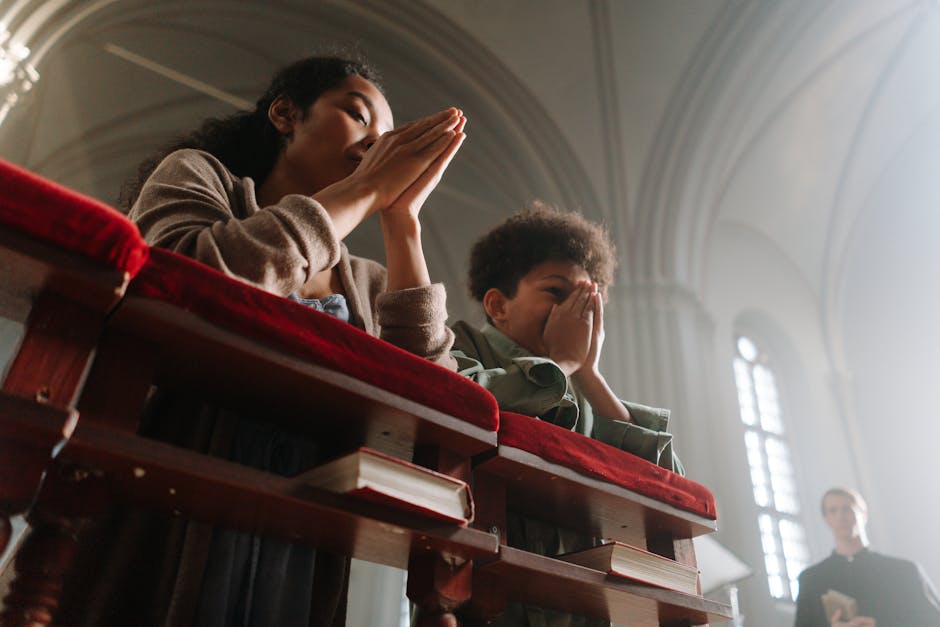The human yearning for meaning is a fundamental aspect of the experience. For those grounded in spirituality and religious belief, the pursuit of a meaningful life intertwines deeply with their faith, shaping their values, actions, and ultimate aspirations. What, then, truly defines a meaningful life within this context? This exploration delves into the diverse perspectives and shared principles that inform this profound question.
A central theme across various religious and spiritual traditions is the concept of purpose. This purpose isn’t necessarily tied to worldly achievements or material success but rather to a connection with something larger than oneself. In Christianity, this often manifests as fulfilling God’s will, striving to emulate Christ-like virtues, and serving others. In Buddhism, the search for enlightenment and liberation from suffering forms the core of purpose, guiding individuals toward compassion and wisdom. Hinduism emphasizes dharma, the ethical duty specific to one’s position in life, as a path towards self-realization and a harmonious existence. These contrasting approaches, however, share a common thread: the belief that a life of meaning is one lived in alignment with a higher power or cosmic principle.
A crucial component of a meaningful life for a believer is the cultivation of virtues. These virtues, often deeply rooted in religious teachings, act as guiding principles. In Judaism, mitzvot (commandments) define a framework for ethical conduct, emphasizing acts of charity, justice, and compassion. Islam highlights the five pillars, including prayer and pilgrimage, as pathways to connect with the divine and uphold moral values. Each tradition emphasizes different sets of virtues, yet they all converge on the importance of kindness, honesty, integrity, and selflessness. These values, deeply ingrained in the believer’s moral compass, contribute significantly to a life imbued with purpose and significance.
The act of service, a recurring theme across religions and spiritualities, plays a prominent role in shaping a meaningful life. Serving others often signifies a form of worship and a pathway to spiritual growth. In many traditions, acts of charity, compassion, and empathy are not merely acts of kindness but are seen as expressions of faith and devotion. Volunteering time, contributing to community projects, or helping those less fortunate represent practical ways of embodying these values and connecting with a larger community. These acts, while often seemingly small, can have a profound impact on both the recipient and the giver, enriching both lives.
Another critical element in a meaningful life for a believer is the development of a deep relationship with the divine or spiritual reality. This relationship, expressed in different ways across traditions, often involves prayer, meditation, or contemplation. Through these practices, individuals seek to foster a stronger connection with their chosen source of faith and gain insights into their purpose and values. Finding spiritual guidance or solace through these methods strengthens their relationship with the divine, infusing their lives with meaning and purpose.
Furthermore, experiencing gratitude and appreciating the gifts of life is a vital aspect of a meaningful life. Many spiritual and religious teachings emphasize the importance of appreciating the present moment, recognizing the abundance that surrounds us, and expressing gratitude for our blessings, whether they are material possessions, supportive relationships, or moments of joy and peace. This appreciation cultivates a sense of contentment and appreciation, enriching the experience of the believer’s life.
However, it’s important to acknowledge that the pursuit of meaning in a religious or spiritual context can be a complex and personal journey. There may be moments of doubt, questioning, and struggle. These struggles are often part of the process of faith, allowing individuals to deepen their understanding and connection with their beliefs. Ultimately, a meaningful life isn’t a predetermined path but a dynamic journey of growth and development, shaped by individual experiences and faith.
In conclusion, the definition of a meaningful life for a believer is multifaceted and deeply personal. It’s not defined by specific achievements or external validations but by the internal connection to a higher power or spiritual principle, the cultivation of virtues, and active participation in service and acts of devotion. This quest for significance is a lifelong journey, evolving with the believer’s experiences and deepening their connection with their faith. While the specific expressions of meaning may vary across diverse faiths and spiritualities, the fundamental need for a life imbued with purpose, compassion, and connection to something larger than oneself remains a constant.






